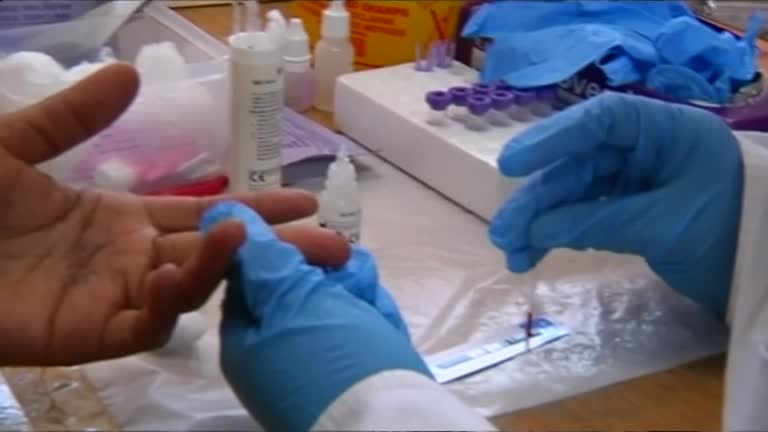A U.S. patient with leukemia has become the first woman and the third person to date to be cured of HIV after receiving a stem cell transplant from a donor who was naturally resistant to the virus that causes AIDS, researchers reported on Tuesday (February 15).
“Well, this, first of all, tells us or confirms that a cure is indeed possible, and scientists need to keep working to find a cure,” Sharon Lewin, President-Elect of the International AIDS Society, told Reuters.
The case of a middle-aged woman of mixed race, presented at the Conference on Retroviruses and Opportunistic Infections in Denver, is also the first involving umbilical cord blood, a newer approach that may make the treatment available to more people.
Since receiving the cord blood to treat her acute myeloid leukemia – a cancer that starts in blood-forming cells in the bone marrow – the woman has been in remission and free of the virus for 14 months, without the need for potent HIV treatments known as antiretroviral therapy.
“This would be a treatment for the modest number of people who have a condition that requires a transplant, have HIV and are able to identify a match. And I think the pool of potential matches would be expanded by using umbilical cord as the source, which is what we demonstrated in our patient for the first time,” Dr. Marshall Glesby said about the “New York patient,” as the woman is referred to, since she was treated at New York-Presbyterian Weill Cornell Medical Center in New York City. The cured patient was diagnosed with HIV in 2013 and leukemia in 2017 and Dr. Glesby has been on her direct patient care along the process.
The two prior cases occurred in males – one white and one Latino – who had received adult stem cells, which are more frequently used in bone marrow transplants.
Lewin said bone marrow transplants are not a viable strategy to cure most people living with HIV.
“What this case tells us is that if you can make cells resistant to HIV, you can stop the virus coming back,” Lewin said, expressing optimism for this treatment to become a pathway to a cure, however many years down the road.
(Reuters)






